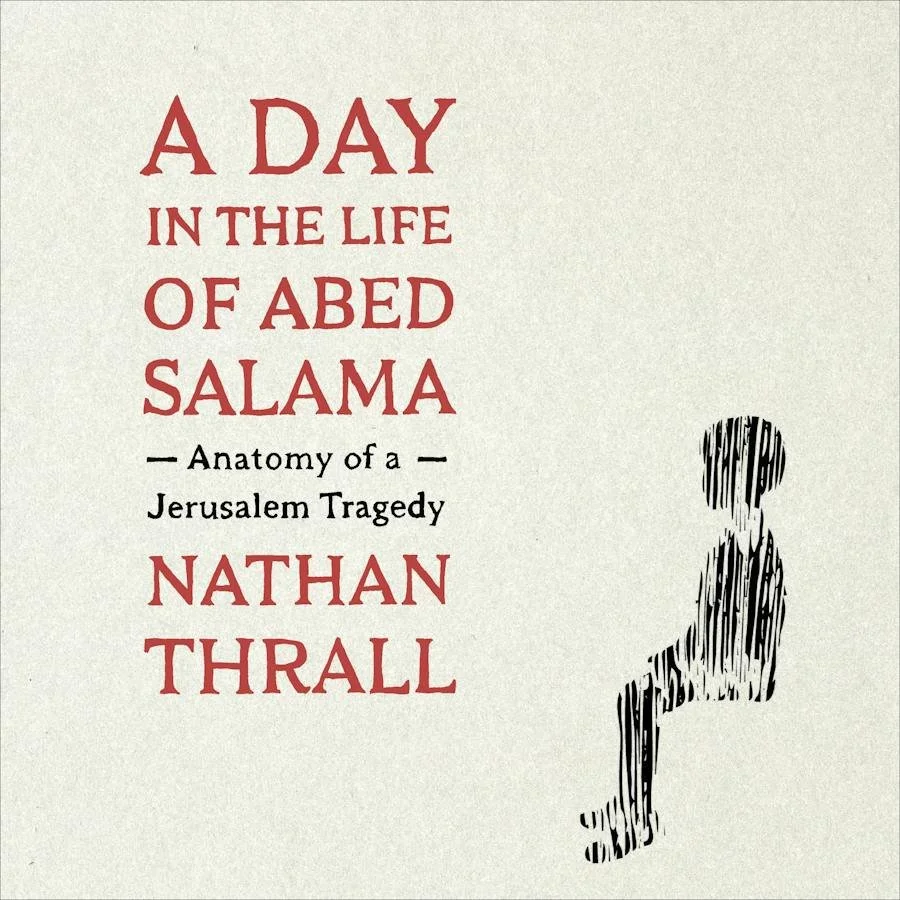
Amira Hass on Gaza
A Palestinian boy sits on the rubble of a destroyed building after an Israeli strike in Rafah, southern Gaza Strip, December 29, 2023. Credit: Fatima Shbair /AP
By now, there has been so much human suffering of both Israelis and Palestinians that it’s a struggle to keep space in our hearts and souls to acknowledge the stories of every individual and family that we can know about as well as the many whose names we may never learn.
Amira Hass has been bravely doing that with her articles in Haaretz. For example, “Israel's Bombs Are Wiping Out Entire Palestinian Families in Gaza.”
Perhaps Amira’s article below, reporting on responses to those articles, will be a wakeup call to the American Jewish rabbis, intellectuals, and institutional leaders who have been reluctant to forthrightly criticize Israel’s current assault on the Gaza Strip. The majority of them, even self-designated liberals and progressives, have been saying that “good Jews” should accept, even if regretfully, that massive deaths and the destruction of Palestinian society in the Gaza Strip are required to secure a Jewish state in Israel/Palestine. Right-wingers want us, as Amira Hass’s reader does, to revel in it.

Nathan Thrall on a Lasting Peace
If a realistic political alternative to the status quo is to emerge, it will have to offer more clarity about the rights of the other side. That clarity is lacking not just in the messages sent to the outside world but within the Israeli and Palestinian coalitions themselves: Palestinians have not agreed internally about what status the Jews would have in a Palestinian state. And Jews likewise have not been clear about what status Palestinians should have in this more than half-century-old single state that Israelis still manage to deceive themselves into calling temporary. In the meantime, while everyone argues about these entirely hypothetical scenarios, Palestinians are constricted into smaller and smaller spaces while Jewish settlements expand, the U.S. increases its support for Israel, and anyone who says that this system of ethnic subjugation is racist is at risk of being called an antisemite.

Heading Toward a Second Nakba
If you read only one book about Israel’s occupation of the West Bank, I’d recommend it be Nathan Thrall’s, A Day in the Life of Abed Salama: Anatomy of a Jerusalem Tragedy. David Shulman, whose books and regular articles in The New York Review of Books set a very high standard for morally charged, excruciatingly detailed, and hauntingly poignant testimony on the occupation, writes in his NYRB review (full text below) of Thrall’s book, “I know of no other writing on Israel and Palestine that reaches this depth of perception and understanding.”

Israel’s Supreme Court and Democracy
On September 12, Israel’s Supreme Court heard arguments for and against petitions from the Association for Civil Rights in Israel, the Movement for Quality Government, and other public watchdog NGOs. The petitioners asked the court to strike down a Basic Law enacted by the Knesset in July that prohibited judicial review of decisions of government officials on the grounds of reasonableness. “Reasonableness” is a British common law doctrine inherited from the Mandate era and incorporated into Israeli jurisprudence.
The case was so momentous that, for the first time ever, all 15 justices sat as a single panel.

The Elephant in the Room
art by Shoshke ©
In early August, four Israeli academics affiliated with North American universities initiated a petition entitled “The Elephant in the Room” (full text below) calling on leaders of North American Jewry – foundation leaders, scholars, rabbis, educators – to:
1. Support the Israeli protest movement, yet call on it to embrace equality for Jews and Palestinians within the Green Line and in the Occupied Palestinian Territories.
2. Support human rights organizations which defend Palestinians and provide real-time information on the lived reality of occupation and apartheid.
3. Commit to overhaul educational norms and curricula for Jewish children and youth in order to provide a more honest appraisal of Israel’s past and present.
4. Demand from elected leaders in the United States that they help end the occupation, restrict American military aid from being used in the Occupied Palestinian Territories, and end Israeli impunity in the UN and other international organizations.
